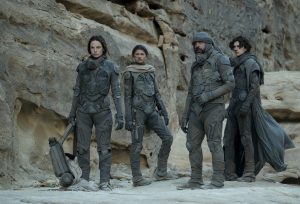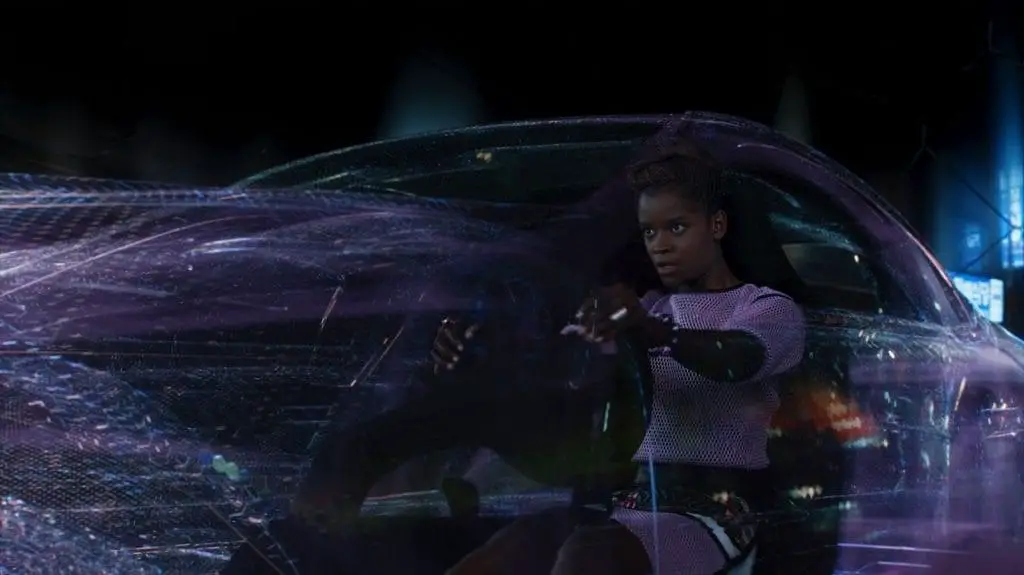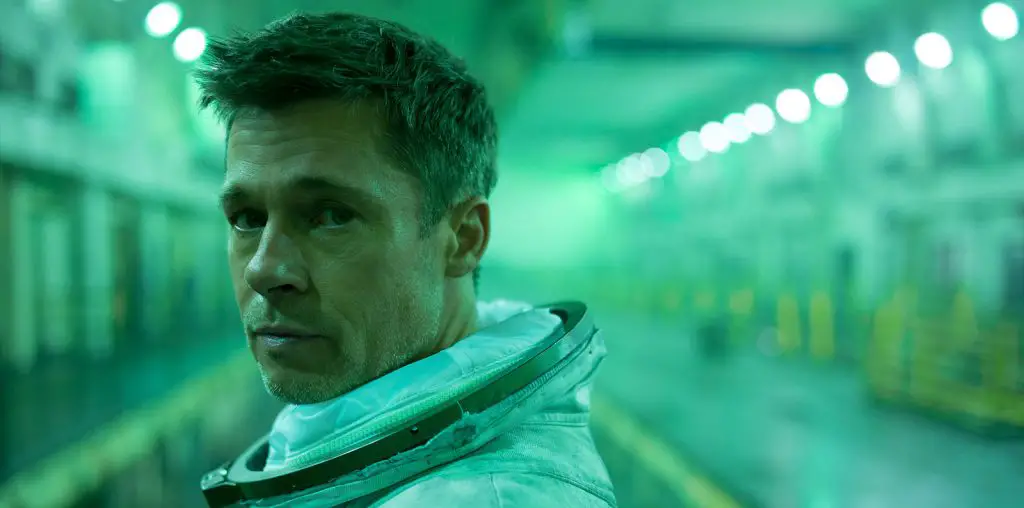
Having to bring your water to space has limited the size of crews and their stays on space stations. It costs hundreds of thousands of dollars just to send a day’s worth of water to space for one astronaut. So it was a big breakthrough when NASA invented the Environmental Control and Life Support System (ECLSS) and installed it on the space station in 2008. It recycles more than 90% of the water on the International Space Station, including water from showering, condensation from the air, and even toilets. It uses a centrifuge to separate water from impurities.
We almost have the technology to make still suits – they’re just impractical, and they’d be a lot bulkier. But that’s what makes great science fiction – basing something on familiar technology and going just beyond what we can do today.
Spice Melange
At the center of the conflict in Dune is Spice Melange, a substance essential for space travel that can only be mined on Arrakis. It extends life, is psychotropic, and allows you to see the future. Basically, it is magic space cocaine! And it gives you the Force! I love it!
According to the books, Spice is necessary for navigators to avoid obstacles when they fold space. So it’s like when Han Solo says, “Traveling through hyperspace ain’t like dusting crops, boy! Without precise calculations, we could fly right through a star or bounce too close to a supernova, and that’d end your trip real quick, wouldn’t it?” The problem is computers are banned in the Dune universe (at least according to the books) because of their negative impact on humanity… a criticism that seems remarkably timely today. So in the Dune universe, they need people to do complex calculations.

The whole idea of seeing the future is just fantasy, of course. You don’t need precognition to avoid obstacles in space anyway! It’s extraordinarily empty. Two galaxies, each full of 100 billion stars, can pass right through each other, and none of the stars will collide. If a star were the size of a basketball, the next-nearest star would be 3 billion miles away… that’s farther than Neptune!
You actually do need precise calculations for space travel, but it’s for the opposite reason they often show in science fiction. Space is so empty, you’ll never hit anything without a ridiculous level of planning. Also, everything in space is moving super-fast. Stars are orbiting the galaxy at about 130 miles per second. So you have to shoot for where something will be, not where it is. And to figure that out, you need to take your time to get there, which depends on your speed, path, and acceleration.
Before computers, these calculations were done by hand or with calculators. NASA had whole rooms of what they called “computers” — mostly women — doing calculations. Many of them became NASA’s first programmers. As shown in Hidden Figures, in the space program’s early days, they were switching over to computers, but sometimes the astronauts didn’t trust the machines. Before his first flight, John Glenn asked Katherine Johnson to double-check the calculations.
In Dune, prolonged exposure to Spice turns your eyes blue, and since the Fremen live where it’s harvested, they all have that distinctive appearance. On Earth, the people of the Atacama have had their physiology changed by desert life too. They can handle levels of arsenic 100 times higher than what’s considered safe for the rest of us. That’s thanks partly to mutations in their genes over the last 7000 years because, at times, their only source of fresh water has been high in arsenic.
Spice is so central to the empire in Dune that they’ll do anything to get it. Empires have taken over places all over Earth to obtain essential resources too. Invading Middle Eastern countries for their oil is an obvious parallel. But if we’re talking about analogies to drugs like the Spice that allows navigators to get through space, you would not believe the lengths the British Empire went to getting tea and rum for its sailors!


